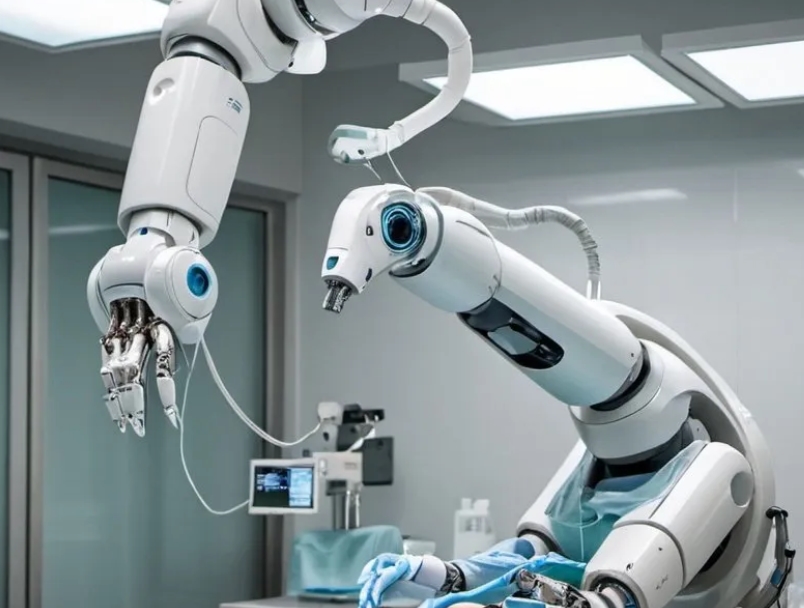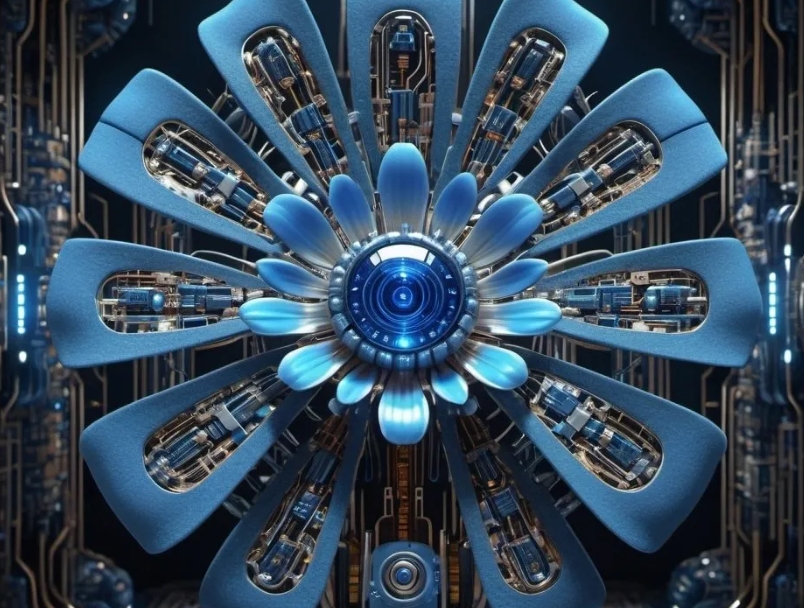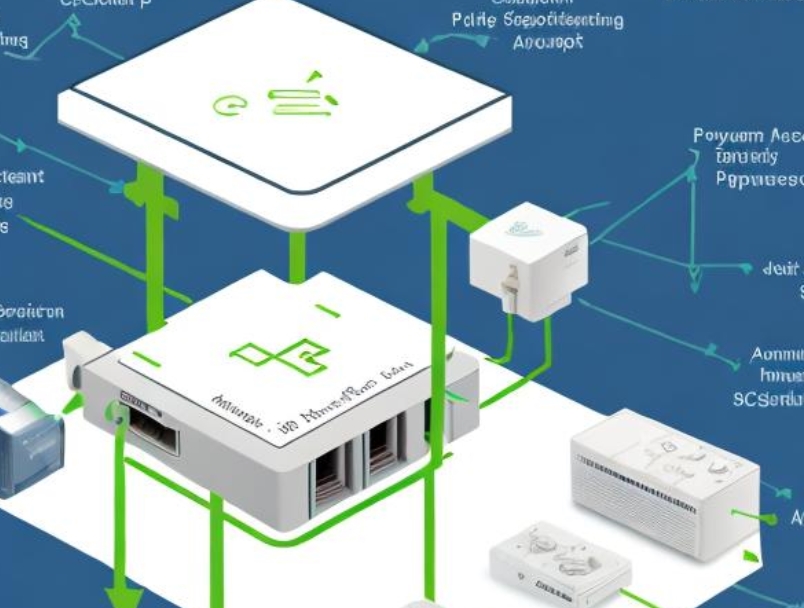
Introduction: The healthcare industry has undergone a significant transformation in recent years, thanks to the rapid advancements in technology. From improving patient outcomes to enhancing the efficiency of healthcare systems, technology has been a driving force behind the evolution of the healthcare sector.
Electronic Health Records (EHRs): One of the most significant impacts of technology in healthcare has been the widespread adoption of electronic health records (EHRs). EHRs have revolutionized the way healthcare providers store, access, and manage patient information. By digitizing medical records, healthcare providers can quickly retrieve and share patient data, leading to more informed decision-making and improved patient care.
Telemedicine and Telehealth: Telemedicine and telehealth have emerged as game-changers in the healthcare industry. These technologies allow patients to receive medical care remotely, eliminating the need for in-person visits. During the COVID-19 pandemic, the use of telemedicine and telehealth services has surged, providing a safe and convenient way for patients to access healthcare services while maintaining social distancing.
Artificial Intelligence and Machine Learning: Artificial intelligence (AI) and machine learning (ML) are transforming various aspects of healthcare, from disease diagnosis to drug discovery. AI-powered algorithms can analyze vast amounts of data, identify patterns, and make predictions that assist healthcare professionals in making more informed decisions. Additionally, AI and ML can be used to streamline administrative tasks, such as scheduling and billing, improving the overall efficiency of healthcare systems.
Wearable Devices and Remote Monitoring: The rise of wearable devices, such as fitness trackers and smart watches, has empowered patients to take a more active role in their healthcare. These devices can continuously monitor an individual's vital signs, physical activity, and other health metrics, enabling healthcare providers to remotely track and manage their patients' health.
Conclusion: The integration of technology in healthcare has brought about significant advancements, improving patient outcomes, enhancing the efficiency of healthcare systems, and empowering individuals to take a more active role in their well-being. As technology continues to evolve, we can expect to see even more revolutionary changes in the way healthcare is delivered and experienced.
american-boffin.com
bfbchamp.com
democraticcoma.com
tigrepelvar.com
charpoles.com
derbywheelblazers.com
fansfocus.net
guildnow.com
hediyeteyze.com
isprimecdn.com
kiira-korpi.net
manutd24.com
mediumtylerhenry.com
mishanghai.org
savethreestrikes.com
smilesbydavis.com
10puntos.net
band-shirt.com
icelandtrails.com
paulmarioday.com
thefunnynanny.com
Dave Tries Ballet
Buon Grande
Criacao Sites
Perry Perkins Books
Writing Essay in AU
Ka Soku
Blood is Blood Movie
Eleanor Writes Things
The Happy Prince Beirut
Town of Witless Bay
Online Igrovoi Club
Trigeminal Neuralgia - Ronald Brisman MD
Chocolate City Burlesque
Advanced Electric Scooters
W Tougei
Breadboard Maniac
Takasu App



